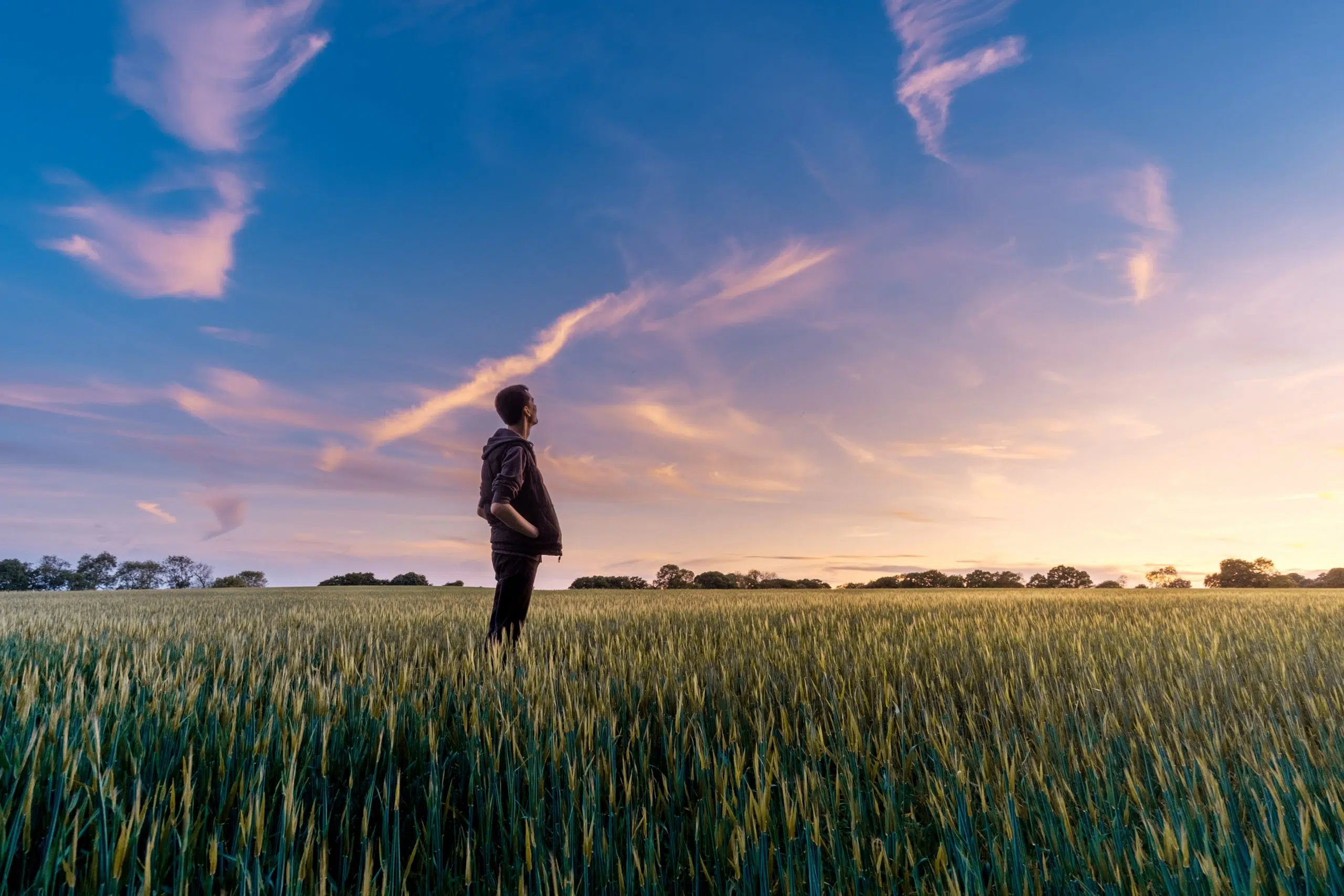Federal data show the farming industry is older and mostly white, and an emerging Wisconsin program could open more pathways by training for small grain production, in an effort to remove barriers for people of color pursuing agriculture.
With the support of the Michael Fields Agricultural Institute, Dane County’s Neighborhood Food Solutions, known for helping those formerly incarcerated learn about urban agriculture in South Madison, aims to teach Black farmers how to grow and sell grain products such as rye, oats and rice. Robert Pierce, founderand executive director of Neighborhood Food Solutions, said while his nonprofit is tied to a large urban setting, it can also show aspiring producers how to succeed with commodities beyond fruits and vegetables.
“Teaching and showing young Black farmers that there’s money to be made if you do things right, and the commodities are a way of doing this,” Pierce explained. Organizers hope the new program taking shape helps Black farmers embrace more intensive production, including equipment operation, while overcoming disparities in owning land. The latest Census of Agriculture said Black farmers make up less than 1% of Wisconsin producers.
Donale Richards, food systems program manager at the Michael Fields Agricultural Institute, said beyond production, another component is showing how to have success with customers at local events, such as the South Madison Farmer’s Market.
“To provide visibility that, yes, there are people of color who are doing this, and there is a lot of support to help people enter this as well,” Richards pointed out. He noted the support is important because a number of grain markets around Wisconsin are very competitive. For those in South Madison, he said it boosts access to healthier foods for underserved communities. Richards added in general, farming can be a hard industry to break into if you don’t have connections, and there has been a longstanding disconnect between traditional forms of outreach and the Black community.
“It’s available, but it’s not something that’s really been concentrated for people of color to really understand and get that training,” Richards remarked. Other partners for the project include the Artisan Grain Collaborative and Meadowlark Organics.












